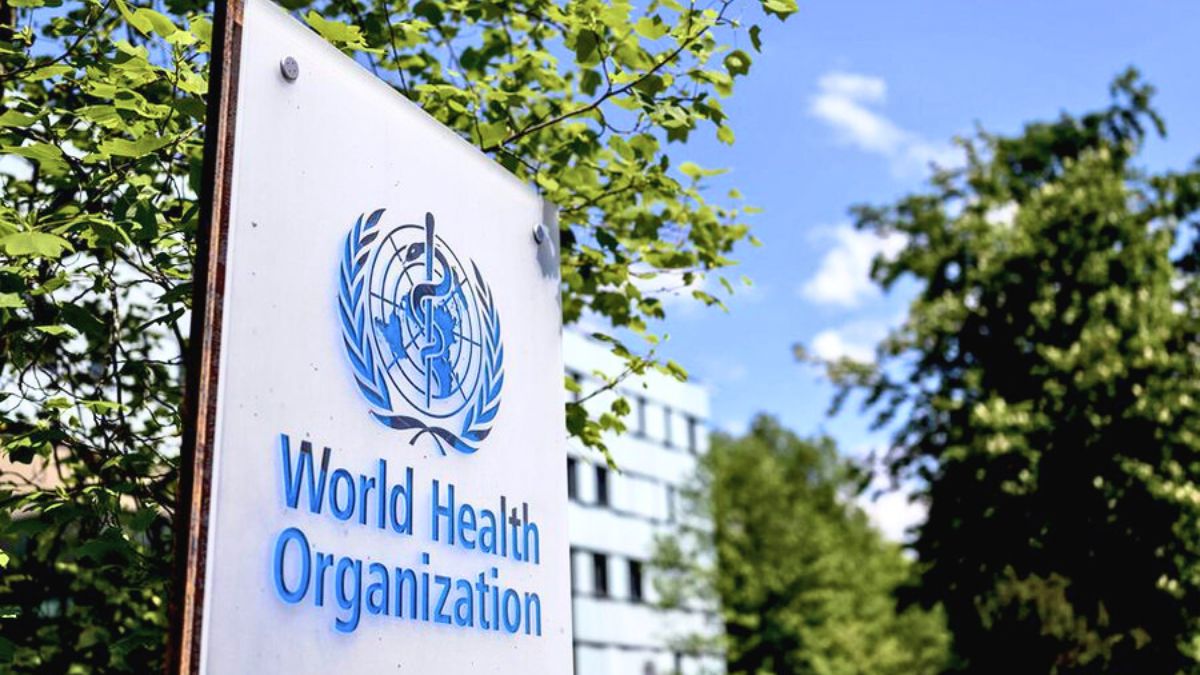In a recent statement, the World Health Organization (WHO) representative in Afghanistan Dr. Rosa Celestino addressed the growing concern over the monkeypox outbreak affecting several countries. The WHO is prioritizing its response to this emerging public health threat, underscoring its commitment to global health security and disease management.
Monkeypox, a rare viral disease endemic to Central and West Africa, has seen an unprecedented increase in cases outside its traditional regions. The disease, which presents with symptoms similar to smallpox but generally less severe, has prompted international alarm due to its potential for rapid spread.
The WHO’s intervention involves a multi-faceted approach. The organization is working closely with national health authorities to enhance surveillance, improve diagnostic capabilities, and implement containment measures. Efforts are also focused on mobilizing resources to support affected countries and facilitate the distribution of necessary medical supplies, including vaccines and treatments.
The WHO representative Dr. Rosa Celestino emphasized that the outbreak is a significant concern, not only due to its potential to overwhelm health systems but also because of its implications for global health security. In response, the WHO is coordinating with partners to deploy expert teams and provide technical assistance where needed. Additionally, public health campaigns are being launched to educate communities about the disease, its transmission, and preventive measures.
This proactive stance by the WHO reflects its dedication to mitigating the impact of infectious diseases and preventing their further spread. As the situation evolves, the organization remains committed to monitoring developments and adjusting strategies to safeguard public health worldwide.
Thus, the WHO’s urgent response to the monkeypox outbreak highlights the importance of global cooperation and swift action in addressing health emergencies. Through its comprehensive approach, the WHO aims to control the outbreak and minimize its impact on affected regions.

